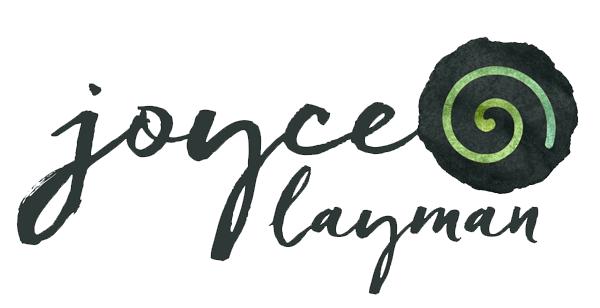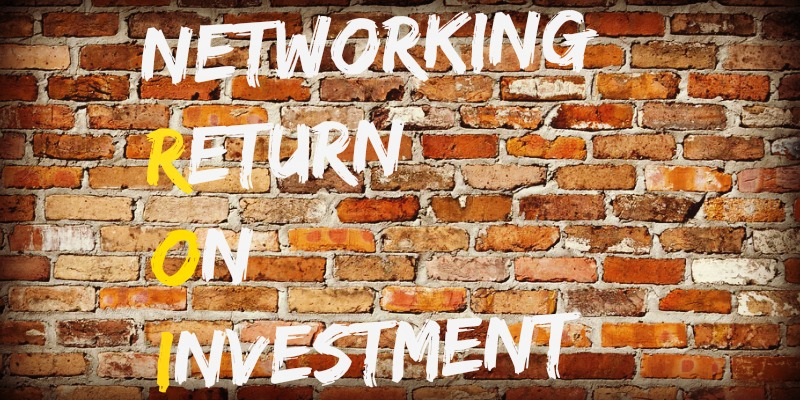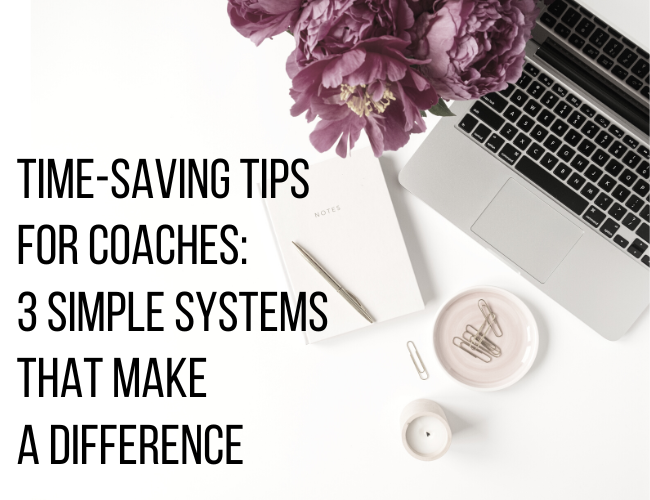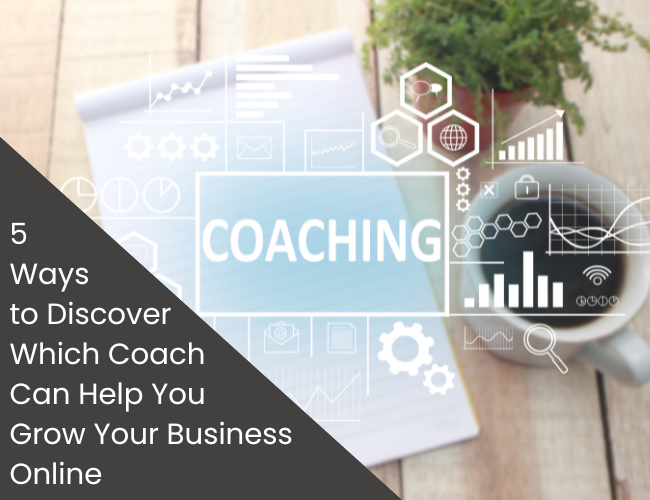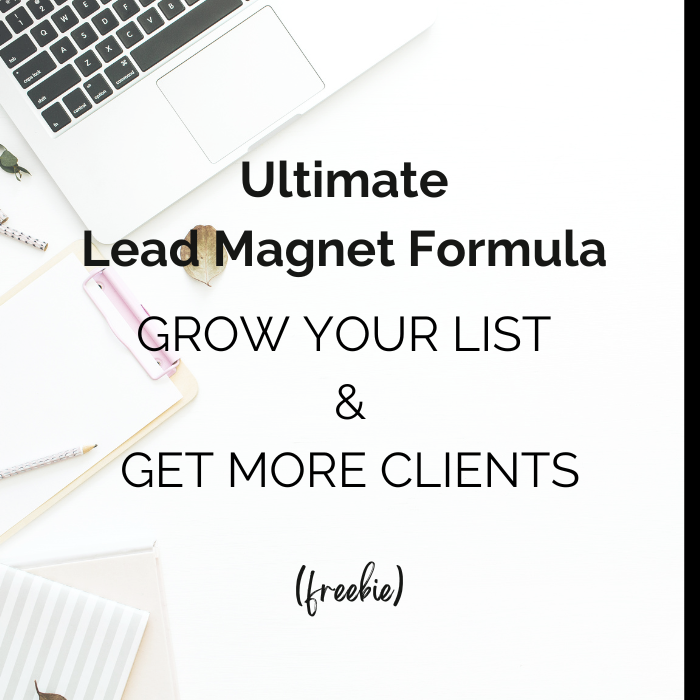As human beings, we like to think that the time we put into networking is worth something. Day in and day out, the effort of making connections has us bouncing from event to event. It seems like all we do is attend networking events, but where is our ROI (return on investment)? It can seem like all this running around is pointless, but is it really?
Relationships Take Time
Relationships don’t happen overnight, and results aren’t always immediate. Although you may want your ROI to pop up the second you attend a networking event or meet someone for coffee, it simply doesn’t work like that. You need to stick with it to form lasting business relationships.
Let’s start with networking events. There are two kinds of connections you can make at networking events. One of them is the “repeat customer.” This is the person who regularly attends networking events. They faithfully show up at the same events that you do, and you may not make a connection the first time you see them. Pretty soon, however, you’ll notice that they’re consistently showing up and are a potential business connection (this can be a customer or referral relationship).
The second kind of person is the “one-hit wonder.” These are the people you see only once, and you make an instant connection (please note that this doesn’t mean you form an instant relationship, but you’ve saved time by finding them after one visit to a networking event). Frankly, I’ve made some stellar connections after attending an event one time. This isn’t luck – this is strategy. I knew who I wanted to connect with and the resource I was looking for.
My mental filter was on high alert, so opportunities were easy to see. Still, you need to be careful that you don’t focus too much on salesmanship; rather, you should be focusing on the connection. If your mindset is to make an immediate sale, you need to read Chapter 5 in Your Connecting Advantage (Hit-and-Runs, Card Counters, and a Wingman). It’s not about making an immediate sale. It’s about making a meaningful connection that grows into a great relationship.
Ivan Misner, founder of BNI, said this in his study on long-term networking:
“I found that the longer an individual participated in a business development network, the greater the number of referrals. In fact, the likelihood of receiving a hundred or more referrals virtually doubled with each passing year of participation. For example… people who were members for one or two years identified their largest referral to be more than 50 times higher than people who had been members for less than one year!”
Misner goes on to say that participants in the study saw their referrals of $1,000 or more eventually trump their number of referrals for under $1,000, typically after 4+ years.
Strategy is important when choosing which networking organizations you join, as not all members are “fishing in the same pond” for the same type/number of clients. Some organizations require you to give a certain number of referrals each week. It’s great to have a goal, but the pressure of making your goal each week may result in you referring clients that aren’t ideal for you.
I chose the Central Exchange in Kansas City as my organization of choice for a number of reasons:
- The types of programming they offer
- A broad range of members, from large companies to solopreneurs, and more!
I’ve gained a lot of business from being a member, but it wasn’t my only reason for joining. We’ll talk more about those reasons in a later blog post. As valuable as organizations can be in expanding your network, some of your best relationships happen because of an introduction.
Many of the introductions I’ve made and received are at a higher level within a company and are much larger projects. The majority of these happened in thanks to the close referral alliances I’ve created with a small group of valued business connections . I call them my “Island Alliances.”
My alliance group didn’t form overnight. No matter what number of networking events you attend, organizations you belong to, or coffee dates you have, building mutually beneficial relationships takes time!
Quantify The Value Of Your Relationships
Have you taken the time to quantify the value of the relationships you have? Don’t worry! I’m not telling you to question anyone’s self-worth. This is simply to help you define those in your network who could make introductions to a possible client or referral alliance, who can then refer you to your ideal client, and vice versa. As a professional connector, I’m always on the lookout for new connections (see my previous blog post where I talk about the coffee shop).
Defining valuable connections means hashing out the difference between someone who is fun to hang out with at happy hour, but not in a position to refer you, versus a business developer who’s fishing (some say hunting) on a daily basis. Connections like that business developer are the people who are in the connecting mindset, and they’ll probably see an opportunity to connect the same as you do.
This is where creating mutually beneficial relationships comes into play. A strategic alliance with a great reputation can turn a slim 2% success rate for a cold call into a 75%+ success rate when they make an introduction on your behalf. Don’t depend on their initiative, though; if you see an opportunity, go for it! Don’t wait for someone else to make the first move.
Let’s look at it this way: if you’re selling a product or providing a service, consider the value of an average transaction.
Let’s say you have a product to sell or service you provide that’s worth $4,000. This isn’t to say that you don’t have other products or services that are of higher/lower value than this one; we’re just going for an average transaction. Of course, there’s a difference in value to you and your paycheck depending on whether you own the business or receive a commission as a salesperson. Consider the number of sales you need to make in a month to meet your goals and/or keep your business running. That will determine how much you work to sell the product, and networking is most definitely a part of it! Great referrals and your success rate could mean the difference between making your sales goals and failing to keep your business’ lights on.
Think back to the last person who referred you business. Was it someone you know in business, or perhaps it was someone from church who happened to know the right person for you to connect with? An idle chat with your local barista during your order could be just the spark of conversation you’re looking for; anyone who works at a coffee shop meets tons of people day in and day out. The point is that your best connections aren’t always who you think they’re going to be. How you vet them impacts your ROI.
Focus on the people in your network who are putting their best effort into opening doors. Introductions aren’t always direct. Sometimes it’s a matter of talking to someone who knows the type of client you’re looking for and can open that door. Great connectors have this crazy habit of meeting through other people, and once you’ve got the right mindset, you can use this to your advantage. Some might say this knowledge gives you a connecting advantage (see what I did there?).
When you meet someone new, ask yourself: “How can I make this a mutually beneficial relationship for all involved?” It doesn’t always have to be about a sale. Sometimes, a resource can be more (or just as) valuable. Steer clear of the folks that don’t see networking and relationships the way you do. They tend to be bad at follow-ups, and they don’t take the time to build up their network. You’re better off not wasting your time.
Are You Fishing In The Right Pond?
Although you may very well have valuable connections in your current list of contacts, you need to look past current relationships to a bigger pond. There’s a world of connections out there waiting to be made, and you won’t make them if you stick too close to home.
I’ve said it many times before, but it’s worth repeating: going to a lot of networking events doesn’t make you a good networker. It does, however, make you really busy. It’s easy to fill up your planner with events until your head is spinning. This is why it’s so important to have a goal when you go to any event. Have a clear purpose or person you want to connect to in mind.
Wandering around, waiting for someone to jump out at you isn’t going to work. Strategy is key to make sure you’re spending your precious time at the right events to ensure a decent ROI. There are many types of networking events, such as formal networking groups, chamber mixers and unique monthly events. If your decision maker isn’t in the room, you may want to rethink where you’re spending your time. And the same holds true for scheduling coffee meetings with everyone you exchange business cards with.
In some cases, it may not be a pond you need, but rather a person. I recently made a connection for a business executive looking for his next career opportunity. His previous company’s revenue was over $300 million, so his ideal connections probably wouldn’t be present at a typical networking event.
I opted for a more targeted approach. I brought the event to him with an introduction to one of my most valued connections. The two hit it off and were able to form a business relationship thanks to the introduction, and it ended up being mutually beneficial for both of them. Are you starting to see the trend when it comes to mutually beneficial relationships? Your ROI can come in many forms, but it all boils down to the right relationships with the right people.
How Will You Define Networking Success?
Peter Drucker once said: “If you can’t measure it, you can’t manage it.” Knowing the value of your connections and how to use these connections to your advantage is half the battle. Some would say it’s more than half! It isn’t always about the sale. Your mindset about networking is going to determine your ROI.
I recently facilitated a workshop for Mayor Sly James’ WE Initiative, which focuses on women’s empowerment in the area of city government, business and entrepreneurship. Attendees were from a variety of departments within the city government of Kansas City, Missouri. Several of them said that business development wasn’t part of their day to day responsibilities, as their focus was purely administrative work.
Okay, I get that. These people are probably very busy with the work they do and may not have thought about how networking can be of value within the company. However, women make up 51% of the population in Kansas City, MO. Empowering women in their community should also be a concern. I took them through a workshop exercise where everyone in the room could look for business, personal and even non-profit (volunteer/service) connections that could be helpful to them (e.g. connection with the City of Kansas City, painter, physician, etc.).
Small groups of 6-8 went around the table sharing who or what they needed. One of the participants was job searching and wanted an introduction to the head of one of the departments. They wanted to learn more about the position and the best way to apply. They met two people who could make that introduction. One of the non-profit groups was being featured at a festival that weekend and needed volunteers for their booth to talk about their cause. It quickly turned into a non-profit connection. You see, it doesn’t have to be all about sales in business. It’s about making a mutually beneficial connection.
Your ROI depends on three factors:
- The type and quality of connections made (Are you approaching this in the right way? See my blog post How To Turn Networking Hell Into Connecting Nirvana.
- The total cost of the event (entry fee + time spent at event + drive time)
- Following up and following through with connections made (this is where many people let things slide… more on that in another blog post)
If you’re looking for more opportunities, then you need to build your network of relationships. You need to look for a bigger pond. Be sure to give credit where credit is due. When an introduction is made, a resource is given, or an opportunity is made, be sure to track it back to who/where it came from. If it’s you, fantastic! If it’s one of your connections, then say THANK YOU!
Failing to give credit, or taking the credit for yourself when it should go to someone else, can damage your reputation and relationships. It puts you in the category of being a “taker,” and making future connections will be difficult. Sorry, but facts are facts.
Every relationship can be worth its weight in gold. Find those who understand what relationships are about and be open to the opportunities that arise. These are just a few ways to maximize your networking ROI!
P.S. For additional tips, resources and AI prompts to help you make an impact with your brand, your offers, and the funnel you need to close the gap to get more clients online, get on my email list…
